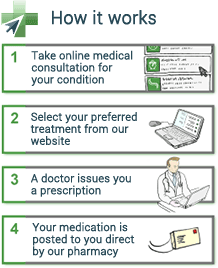
Acne is the general term for a variety of skin conditions. Most people will suffer from acne at some point in their lives, though it is most common in young people. Nearly twenty percent of young people will suffer with moderate to severe acne though it is unusual for people to suffer with the condition beyond their early twenties. It can be an extremely distressing and embarrassing complaint as the condition is often visible to others.
Acne can take a variety of forms including whiteheads, blackheads, pustules (pimples), papules (small bumps), cysts and nodules. Usually, over the course of time, these will heal and disappear, bit often, as they do more appear.
Acne can affect the skin on the face, on the back of the neck, on the chest, on the back and on the shoulders. Acne can lead to scarring, leave darkened areas and red marks on the surface of the skin and also form pits and undulations.
Acne is caused by hair follicles in the skin becoming blocked by dead skin cells and oil. Usually dead skin and the oil produced by the sebaceous glands (called sebum) move up the hair follicle naturally and do not cause any problems. If too much sebum is produced, however, it sticks the dead skin cells together, which can lead to the hair follicle getting blocked. This blocked follicle can then turn into either a blackhead or a white head. If these blocked follicles become infected that blackhead or white head can then turn into a pimple, a cyst, a nodule or a papule.
The main factor for a person suffering with acne is a change in their hormones, as these changes can cause the skin to produce more sebum. This is why acne is most common in young people, going through puberty, in pregnant women and by women who are taking oral contraceptives.
Acne medications work by reducing the amount of sebum produced by the skin and by preventing the growth and multiplication of the bacteria, which lead to infection.
Acne treatments may either be applied directly to the skin or taken orally. It normally takes between four and eight weeks for the sufferer to see a significant improvement in their condition.